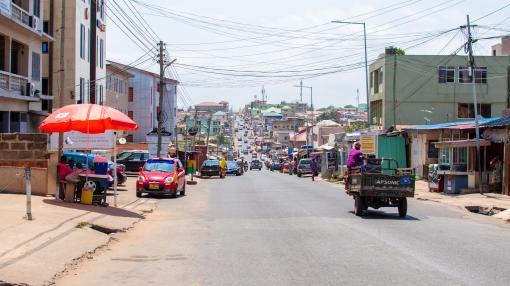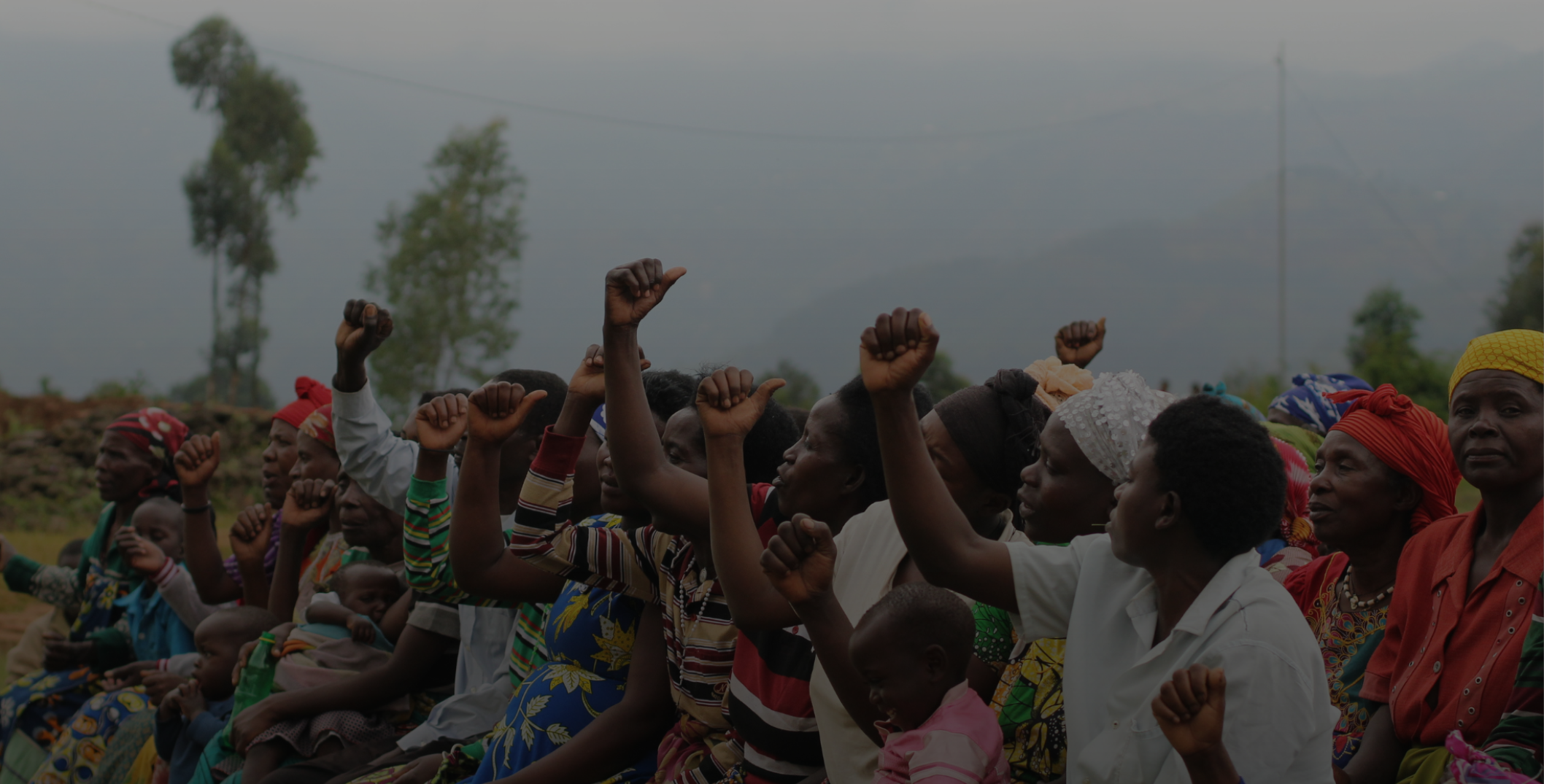
Sub-Saharan Africa
Africa has abundant natural resources—including many minerals needed for the energy transition—but most citizens have struggled to benefit.
Africa is home to over 30 percent of the world’s natural resources. Despite this abundance, sub-Saharan African countries have often struggled to translate resource endowments into sustainable development for citizens. As the global drive toward cleaner energy intensifies, the demand for transition minerals presents an important opportunity for many African countries to spur economic and social development. But governments in the region must act quickly to develop and implement robust and realistic national energy transition plans.
In its programming in sub-Saharan African countries, NRGI aims to strengthen legal frameworks, and address corruption, unequal distribution of resource wealth, environmental degradation and governance issues in the extractive sector. NRGI works with relevant government institutions, regional bodies, regulatory institutions, civil society organizations, communities, academics, media outlets and think tanks to strengthen sector governance and promote active citizenship participation in policy and decision-making processes. This includes exploring sustainable and green energy pathways that address the continent’s energy challenges while driving sustainable economic growth.
Focus countries
Learn more about NRGI's work in sub-Saharan Africa.
Democratic Republic of the Congo
The DRC has abundant natural resources—including copper, cobalt, lithium, oil and gold—with many of its minerals needed for the energy transition.
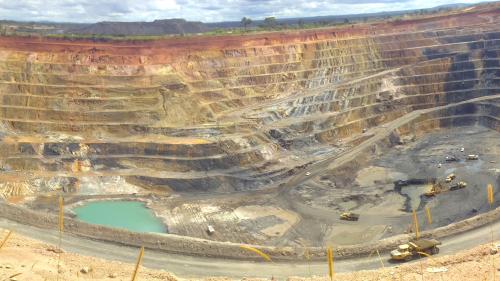
Ghana
Oil- and gold-rich Ghana seeks to enhance extractive sector governance and economic potential, and pave the way for sustainable development.
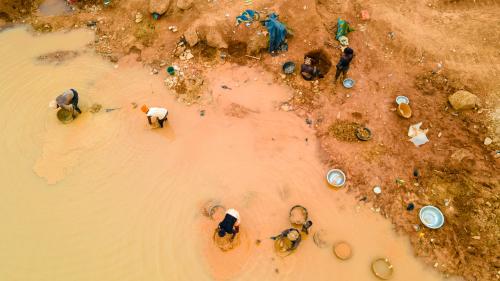
Guinea
Despite world-class bauxite and iron ore reserves, Guinea’s minerals and metals have yet to yield significant socioeconomic improvements for citizens.
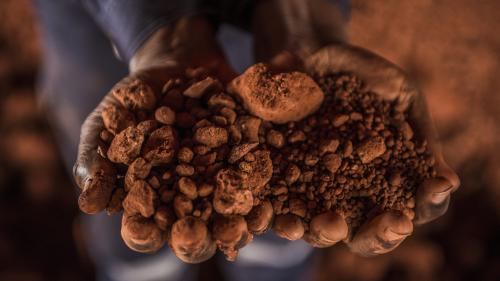
Nigeria
Oil-dependent Nigeria seeks to green its domestic energy, enhance minerals governance, and ensure diversification to achieve economic development.
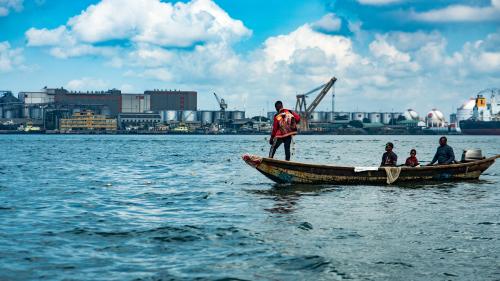
Senegal
Senegal’s imminent gas production places it in a unique position amid the global energy transition. It also has large reserves of phosphate and gold.
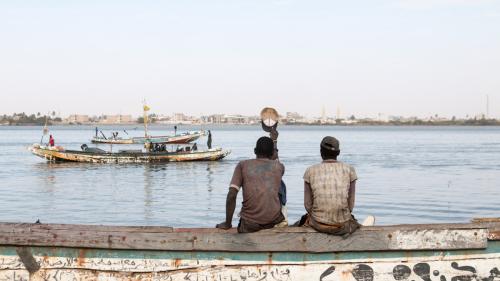
Uganda
Uganda aims to generate revenues from oil and gold production while tapping transition minerals to fund a sustainable energy transition.
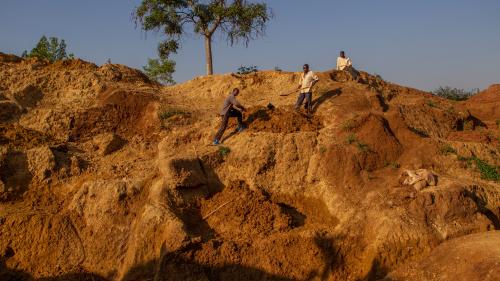
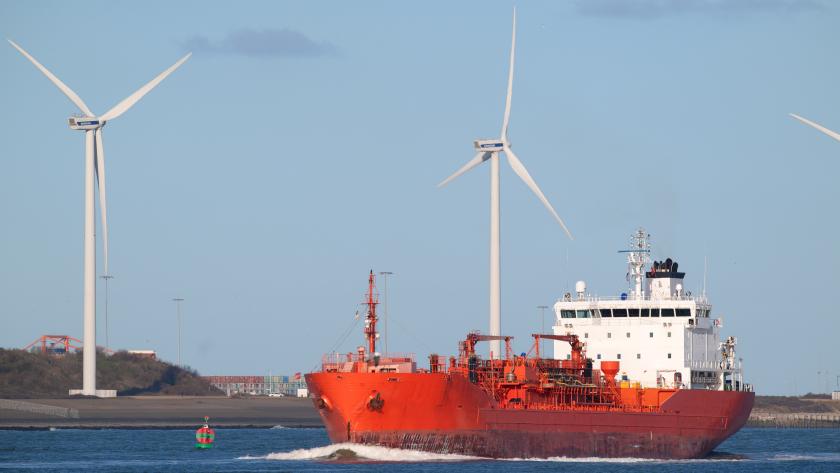
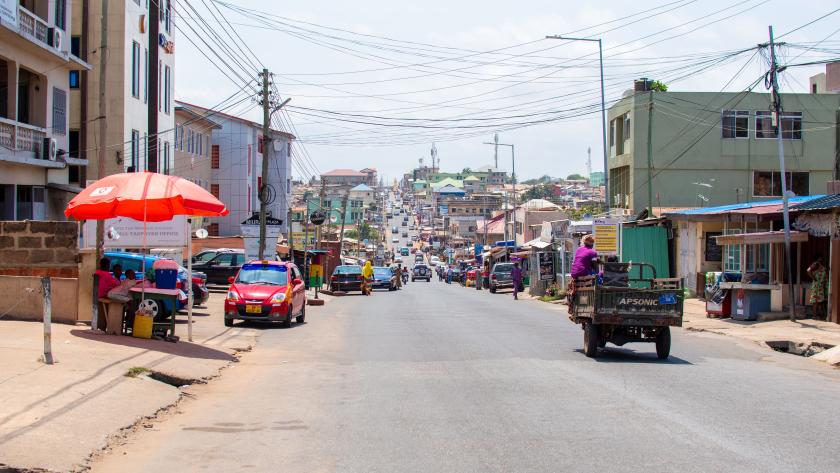
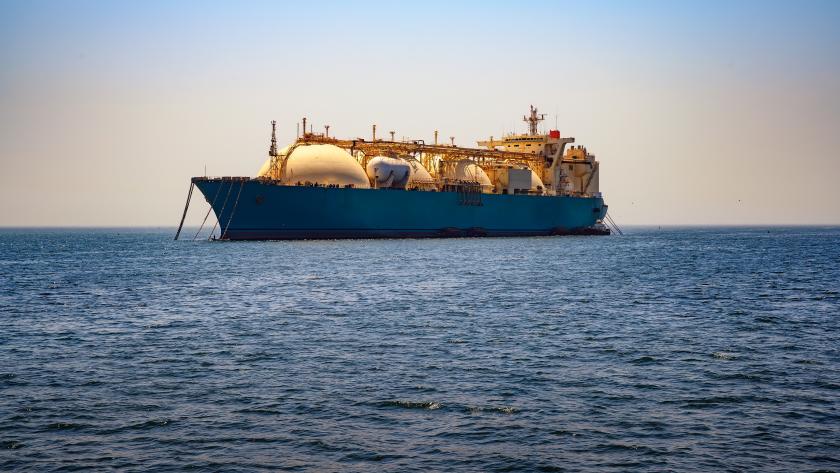
Filter by

